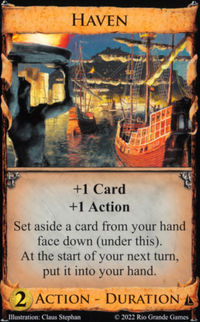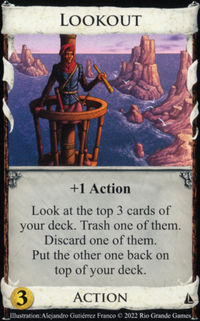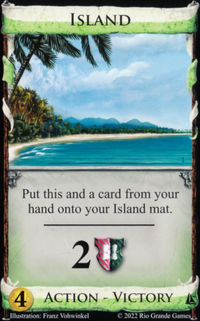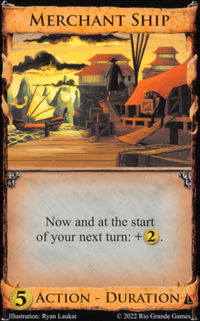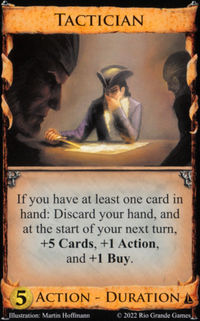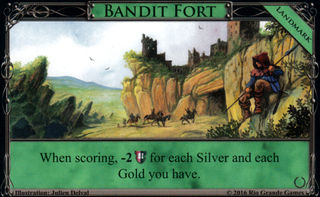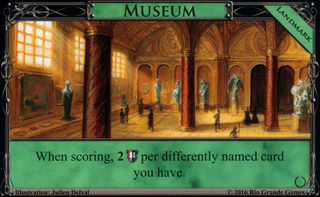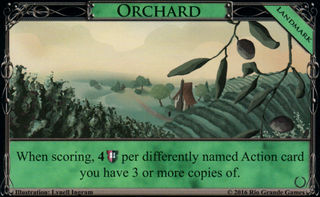I played Dominion for the first time last night. I was absolutely abysmal the first game, but won my second. It would have been a landslide victory if I hadn't once forgotten I had a Moat in my hand.
It's a little surprising that I haven't played it sooner, but I quite liked the game. It felt to me like the interaction was a little limited, and that the cards that affected your opponents were generally weaker than the cards that affected your economy. Does this hold at higher levels of play? Are the expansions worth getting?
To me it felt mostly like just building an engine with the right balance of +Actions and +Cards and gold. I enjoyed it, certainly, but am wondering what breadth of strategies exist.
It's a little surprising that I haven't played it sooner, but I quite liked the game. It felt to me like the interaction was a little limited, and that the cards that affected your opponents were generally weaker than the cards that affected your economy. Does this hold at higher levels of play? Are the expansions worth getting?
To me it felt mostly like just building an engine with the right balance of +Actions and +Cards and gold. I enjoyed it, certainly, but am wondering what breadth of strategies exist.

